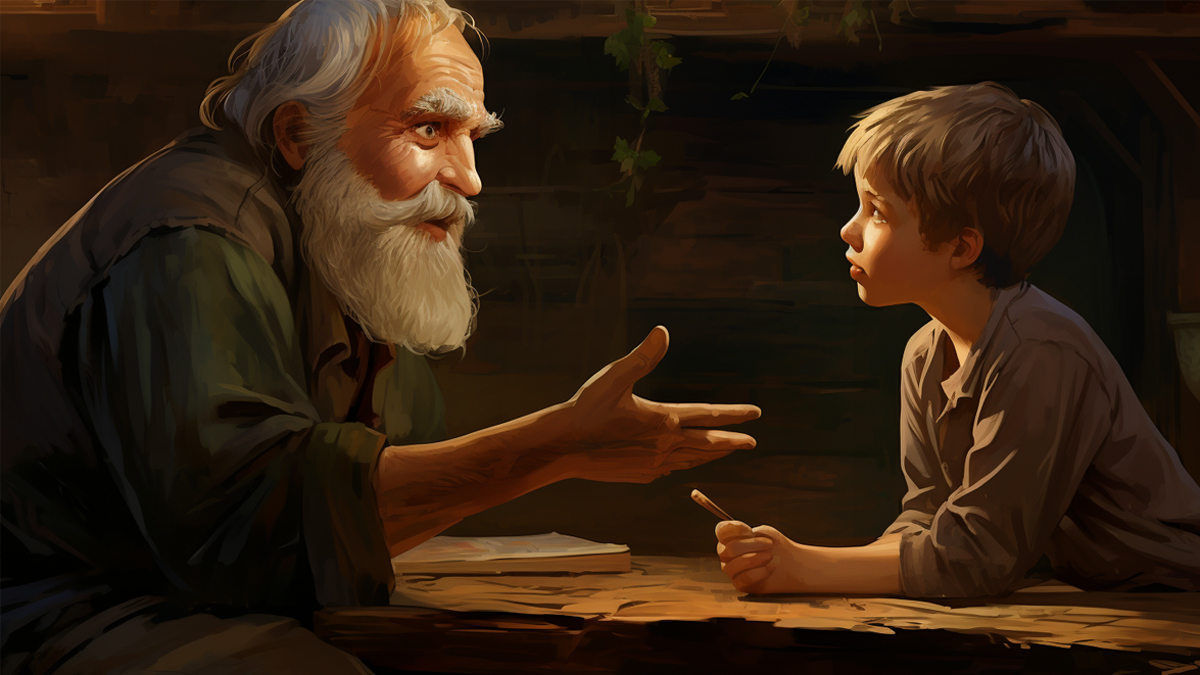Asking, what does the poem mean? kills the poem, Collins says.
Billy Collins: Well the way poetry is taught is with great emphasis on the interpretation. So we have this thing, the poem, and we want to create this other thing called the interpretation of the poem which then almost begins to compete with the poem – and in the worst cases replaces the poem. So once we have the interpretation, we can actually discard the poem. That’s the worst case scenario. The question, “What does a poem mean?” is a deadening question.
It it makes people nervous. It makes students nervous to have to respond to a poem not by pleasurably feeling its intake, but by being put on the spot and having to come up with some answer that the teacher knows and is not telling you. It’s the worst kind of teaching where you play a game called “Guess What the Teacher’s Thinking?” And lots of teachers like to do that because it’s a cheap kind of power. A better question, I think, than “What does a poem mean?” is how does a poem get where it’s going? So instead of seeing it as something to be reduced to some other text . . . to see the poem as a . . . as a journey, as moving sort of point-by-point navigation through itself to some ending.
Students are much more willing to follow the progress of a poem, and to notice where it turns and how it expands or contracts or becomes funny or serious – how it moves around through itself – than to be put on the spot and try to come up with an answer about interpretation.






